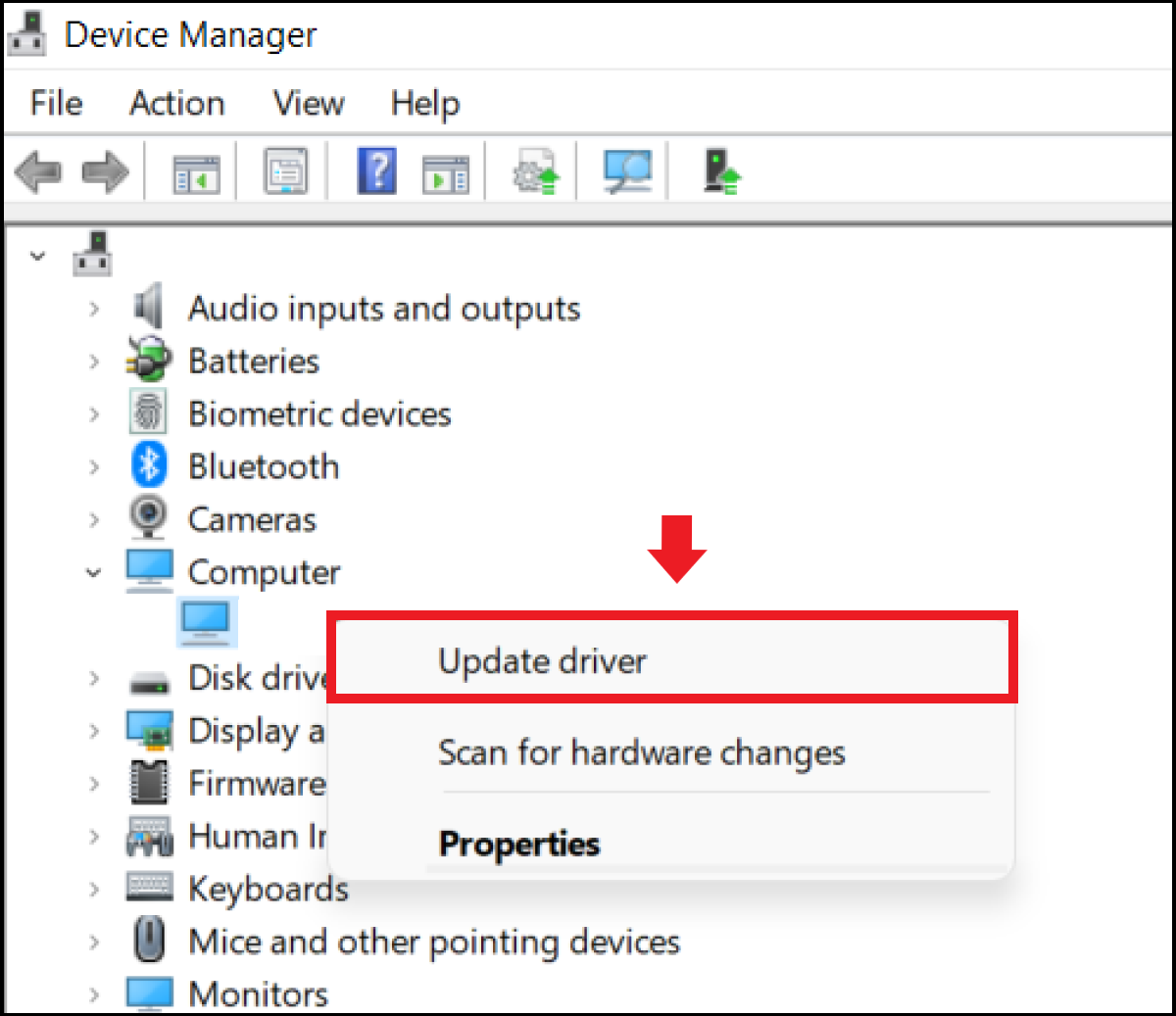Understanding Guilt: The Path to Emotional Healing
Guilt is a powerful emotion that can significantly impact our mental health and relationships. In 2025, understanding guilt remains crucial for emotional wellbeing. This complex feeling often stems from thoughts about our actions—real or perceived—leading to self-criticism and emotional distress. The journey of understanding guilt involves exploring its roots, effects, and the ways we can begin to manage it effectively.
By acknowledging feelings of guilt, we can start to explore guilt management strategies that not only promote healing but also encourage personal growth. Such understanding can pave the way for a guilt-free mindset, where apologies and self-forgiveness become integral parts of emotional processing. In this guide, we will discuss effective techniques for managing guilt, strategies for overcoming feelings of guilt, and tools for fostering self-compassion.
As we delve into the complexities of guilt, expect to find insights on cognitive behavioral therapy for guilt, emotional release techniques, and the importance of healthy communication about guilt. With practical steps outlined, this article offers a roadmap to not only cope with guilt but to navigate through it compassionately and constructively.
Key takeaways include a deeper understanding of guilt triggers, strategies for guilt relief, and how to foster emotional well-being while moving past guilt.
Strategies for Overcoming Guilt: Practical Steps for Relief
Moving past guilt can feel challenging, but with the right strategies, relief is attainable. Understanding the emotional impact of guilt is essential for recognizing when we experience feelings of remorse or shame. From cognitive reframing to mindfulness practices, here are effective techniques for moving beyond guilt.
Recognizing Guilt Triggers
Identifying what prompts feelings of guilt is the first step toward managing them. Guilt triggers can differ vastly from one person to another, ranging from personal failures to societal expectations. Being mindful of these triggers helps foster a guilt-free mindset and empowers individuals to act responsibly instead of feeling guilty.
For instance, someone might feel guilty after neglecting a close friend. Keeping an emotional journal can help highlight recurring guilt themes, offering clarity on what triggers these feelings. This self-reflection contributes significantly to emotional healing from guilt as it encourages individuals to reconcile their feelings constructively.
Cognitive Behavioral Techniques
Cognitive Behavioral Therapy (CBT) plays a key role in reshaping our thoughts about guilt. It aims to change negative thought patterns into positive ones through specific techniques. For example, challenging distorted thoughts about guilt and replacing them with realistic affirmations fosters a healthy perspective.
An essential technique involves examining the evidence behind guilt feelings. Are the things we hold ourselves guilty for really as significant as we perceive them? This cognitive restructuring aids in reducing feelings of guilt, leading to a greater understanding of personal accountability without excessive self-blame.
Self-Forgiveness Practices
Self-forgiveness is a central theme in overcoming guilt. Engaging in self-forgiveness allows individuals to acknowledge mistakes while simultaneously giving themselves permission to forgive. A great method is practicing compassion towards oneself; understanding that everyone makes mistakes is key to emotional healing.
Writing letters of forgiveness to ourselves can be a transformative act. In these letters, we articulate our feelings, express regret, and ultimately offer ourselves the compassion we deserve. This process encourages guilt resolution as we start to define forgiveness on our own terms.

Dealing with Guilt in Relationships
Guilt can have profound effects on relationships, impacting communication and emotional intimacy. Understanding how guilt operates in relational dynamics is paramount for creating healthier bonds and improving overall relationship satisfaction. By using strategies for guilt expression and healthy communication, individuals can navigate guilt within their networks.
Healthy Communication About Guilt
Communicating feelings of guilt to others, particularly those we may have hurt, can liberate us from the chains of guilt. Expressing our emotions often leads to understanding, empathy, and the opportunity for reconciliation. Choosing the right time and setting for these conversations can profoundly impact their outcomes.
Being emotionally honest while discussing guilt can foster deeper connections and resolve any lingering feelings of shame or regret. Practicing active listening during these conversations enables us to empathize more fully with our partners, creating space for healing.
Support from Friends and Community
The journey becomes more manageable when shared with others. Seeking support from friends can provide additional perspective on guilt feelings. Establishing guilt circles, where individuals gather to share their experiences, can be extremely beneficial for mutual healing and growth.
Community support also plays a crucial role. Engaging with like-minded individuals who understand and have faced similar feelings of guilt fosters resilience. Feeling understood reduces the isolation often accompanying guilt and empowers individuals to overcome it together.
Using Journaling as a Guilt Management Tool
Journaling offers an effective outlet for processing guilt and assessing our feelings. This method not only helps in acknowledging guilt but also facilitates deeper emotional exploration and healing. Through journaling, individuals can create clarity and ultimately move toward emotional release.
Emotional Release Techniques Through Writing
Writing about guilt allows individuals to express their emotions freely without judgment. By penning down experiences that trigger guilt, one can better understand the emotional responses behind them. This act of expression becomes pivotal in moving beyond guilt, transforming emotional energy into constructive healing.
Using prompts such as “What am I truly feeling guilty about?” or “What can I learn from this mistake?” may provide insights into our emotional triggers. It is also important to avoid guilt-tripping ourselves during this process; instead, revert to self-compassion and understanding.
Reflecting on Guilt Patterns
Beyond expressing guilt, reviewing what’s been documented over time can reveal patterns in guilt responses. Frequently occurring themes can highlight areas needing attention or personal growth. Recognizing guilt patterns helps in crafting strategies to minimize guilt responses in the future.

Coping with Guilt in Modern Life
The prevalence of guilt in our busy, modern lives can often feel overwhelming. Coping with guilt amid daily responsibilities and external pressures requires tailored strategies. Learning how to integrate guilt management into one's lifestyle is key to maintaining mental well-being.
Mindfulness Practices for Guilt Management
Mindfulness techniques, such as meditation and focused breathing, can significantly help in processing guilt while enhancing emotional resilience. Mindfulness fosters a deeper awareness of present emotions, allowing individuals to confront guilt without judgment. This practice leads to a better understanding of guilt's emotional influence over us.
Moreover, developing mindfulness practices mitigates feelings of guilt by steering attention towards the present moment. Techniques such as guided imagery and breathing exercises help in anchoring positive associations while moving past guilt.
Seeking Professional Help for Guilt Issues
In cases where guilt leads to persistent anxiety or relational distress, seeking professional guidance can be fundamental in resolving deeper issues. Therapists specializing in guilt can provide strategies tailored to individual challenges, such as cognitive behavioral therapy for guilt or narrative therapy for reframing guilt narratives.
Therapy options cultivate a space for understanding guilt's roots, allowing clients to address the emotional complexities at play. Additionally, involving loved ones in therapy sessions creates a supportive environment, fostering deeper connections while, importantly, moving forward.
Frequently Asked Questions About Guilt
What are the psychological effects of guilt?
Guilt can lead to heightened anxiety, low self-esteem, and even depression. By recognizing these emotional impacts, we can create strategies to better manage these feelings.
How can I develop a guilt-free mindset?
Practicing self-forgiveness, engaging in healthy communication, and exploring mindfulness techniques can help in cultivating a guilt-free mindset.
What role does guilt play in relationships?
Guilt often fosters emotional distance in relationships, but addressing and discussing guilt can lead to stronger bonds and resolutions.
How can journaling help in managing guilt?
Journaling allows for expressive avenues to confront guilt. Documenting emotions can reveal patterns and provide insights necessary for emotional healing.
Is it beneficial to talk about feelings of guilt with someone else?
Absolutely. Communicating about guilt with trusted individuals can provide relief, empathy, and insights, turning guilt into a shared experience instead of a burden.
